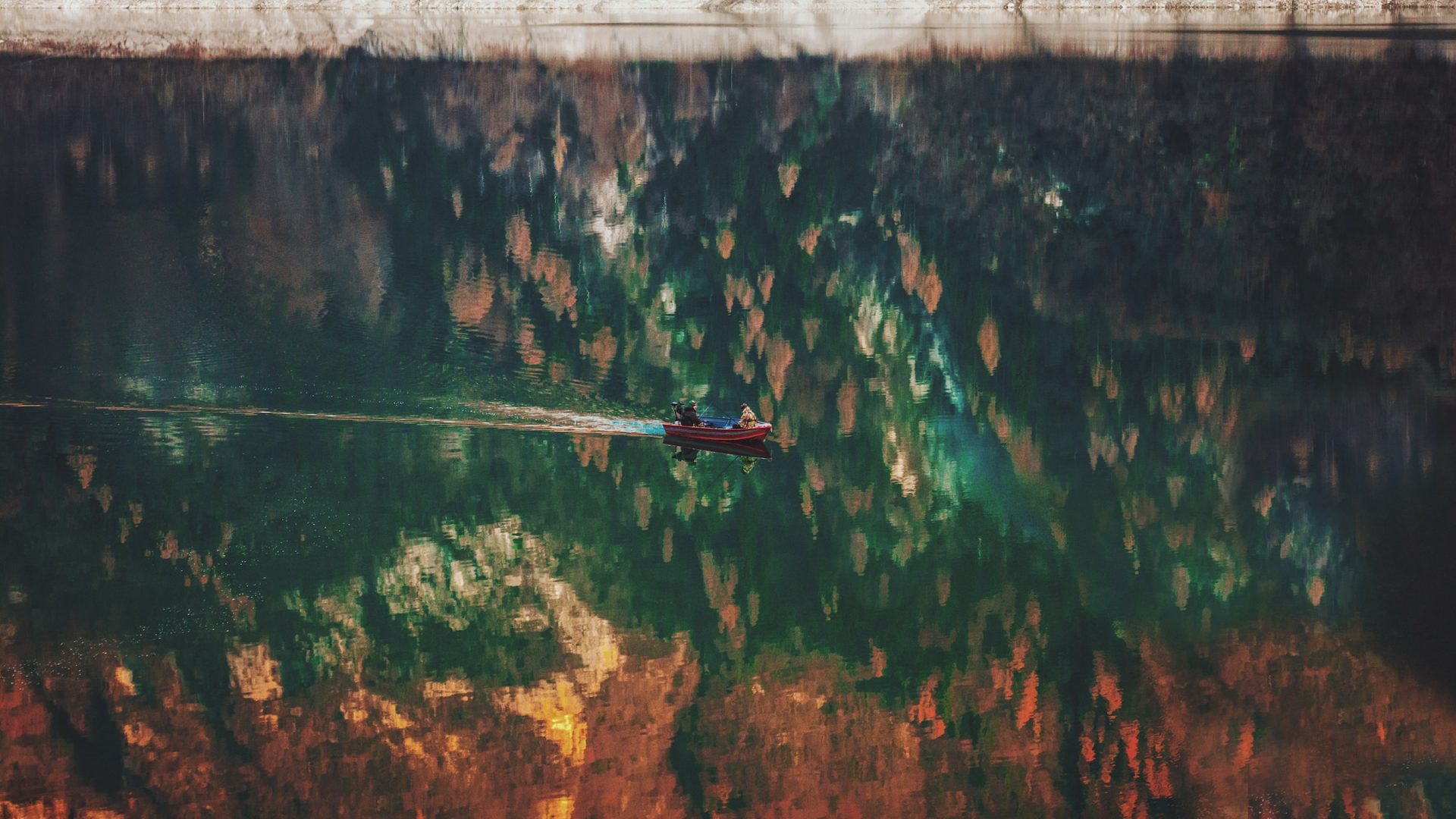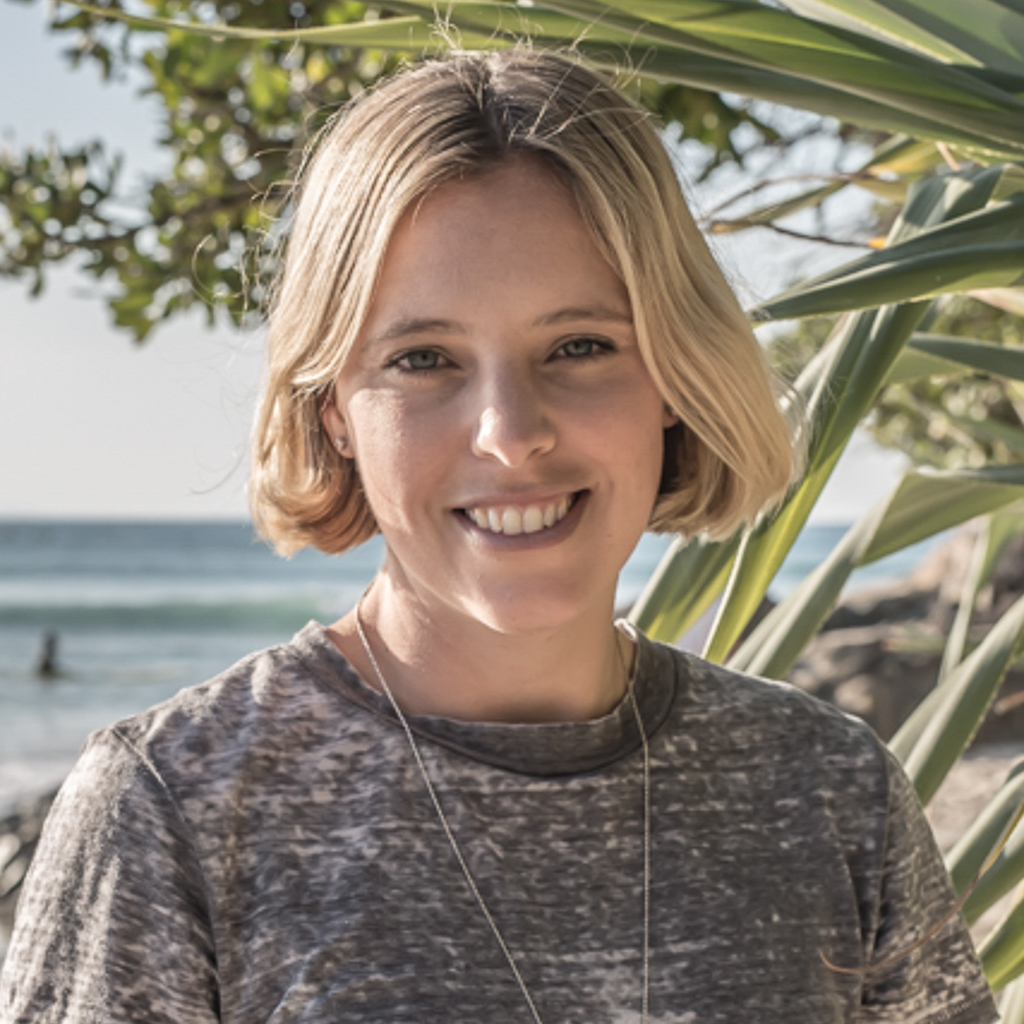
The European Parliament will vote on measures to ban brands from leaning on ‘sustainability’ language in advertising unless they’re backed up by science.


The European Parliament will vote on measures to ban brands from leaning on ‘sustainability’ language in advertising unless they’re backed up by science.
Admit it: Even if you consider yourself to be ultra-sustainable, you don’t have time to research every product you buy and whether its eco-cred is backed up by science. Brands know that, which is why greenwashing works—it can feel better to buy the ‘green’ thing, even if you don’t fully understand where that label comes from or if it’s legit.
In November, the European Parliament will vote on whether to prevent brands from deploying “misleading marketing tricks” unless they can back up sustainability claims with approved third-party certifications. While a press release explaining the measure and announcing the vote focuses on products, it’s likely that the regulations, if passed, would impact travel too.
Alper Ertubey, founder and managing director of tour company Hike’n Sail Türkiye, told Adventure.com thaht he believes the regulations will push the adventure travel community forward, and make it easier for operators like him to compete. Ertubey’s company operates in Turkey and Greece, and serves travelers primarily coming from outside of the country. Hike’n Sail already has a sustainability certification from Travelife, but he’s only one of two Turkish operators who do, he says.
“In a cost-competitive world, it’s sometimes not easy to offer the sustainable options,” he says. That’s because consumers will often choose the cheaper option if the price difference is more than, say, $25 or so.
While people often say they care about sustainability, Ertubey says that in practice, consumers don’t demand it as much as you might expect when it requires more effort or investment on their part. As a result, regulations like these force companies to move forward more quickly than they otherwise might. He points to the massive holiday company Tui as a catalyst for change. Last year, Tui announced it would highlight hotels with sustainability certification, which Ertubey said provides a huge incentive for hotels to clean up their practices and get certified.
The regulations “are going to help others move toward sustainability, and it’s going to help me,” Ertubey adds. “If others are going sustainable, then I will operate more easily.”
While these regulations will be specific to companies operating within the EU, you may notice changes even if you don’t live there. According to travel industry news site Skift, airlines may have to change their booking interfaces if they offer “climate-neutral” flights in exchange for purchasing unverified offsets.
The regulations have not yet officially been approved by a vote, but it’s expected that they will be, and that they’ll go into effect in 2026. That will give companies about two years to comply and either earn their sustainability-focused marketing phrases, or to stop pretending they’re greener than they are. According to a draft of the plan that was leaked earlier this year, EU member states would need to set up their own enforcement agencies to levy penalties.
“A ban on carbon neutral claims is great news for consumers. There is no such thing as ‘carbon neutral’ or ‘CO₂ neutral’ cheese, plastic bottles, flights or bank accounts,” says Ursula Pachl, deputy director of the European consumer organization BEUC, according to the Financial Times. “Carbon neutral claims are greenwashing… The truth is that these claims are scientifically incorrect and should never be used.”
***
Adventure.com strives to be a low-emissions publication, and we are working to reduce our carbon emissions where possible. Emissions generated by the movements of our staff and contributors are carbon offset through our parent company, Intrepid. You can visit our sustainability page and read our Contributor Impact Guidelines for more information. While we take our commitment to people and planet seriously, we acknowledge that we still have plenty of work to do, and we welcome all feedback and suggestions from our readers. You can contact us anytime at hello@adventure.com. Please allow up to one week for a response.

Kassondra Cloos is a travel journalist from Rhode Island living in London, and Adventure.com's news and gear writer. Her work focuses on slow travel, urban outdoor spaces and human-powered adventure. She has written about kayaking across Scotland, dog sledding in Sweden and road tripping around Mexico. Her latest work appears in The Guardian, Backpacker and Outside, and she is currently section-hiking the 2,795-mile England Coast Path.








Can't find what you're looking for? Try using these tags: